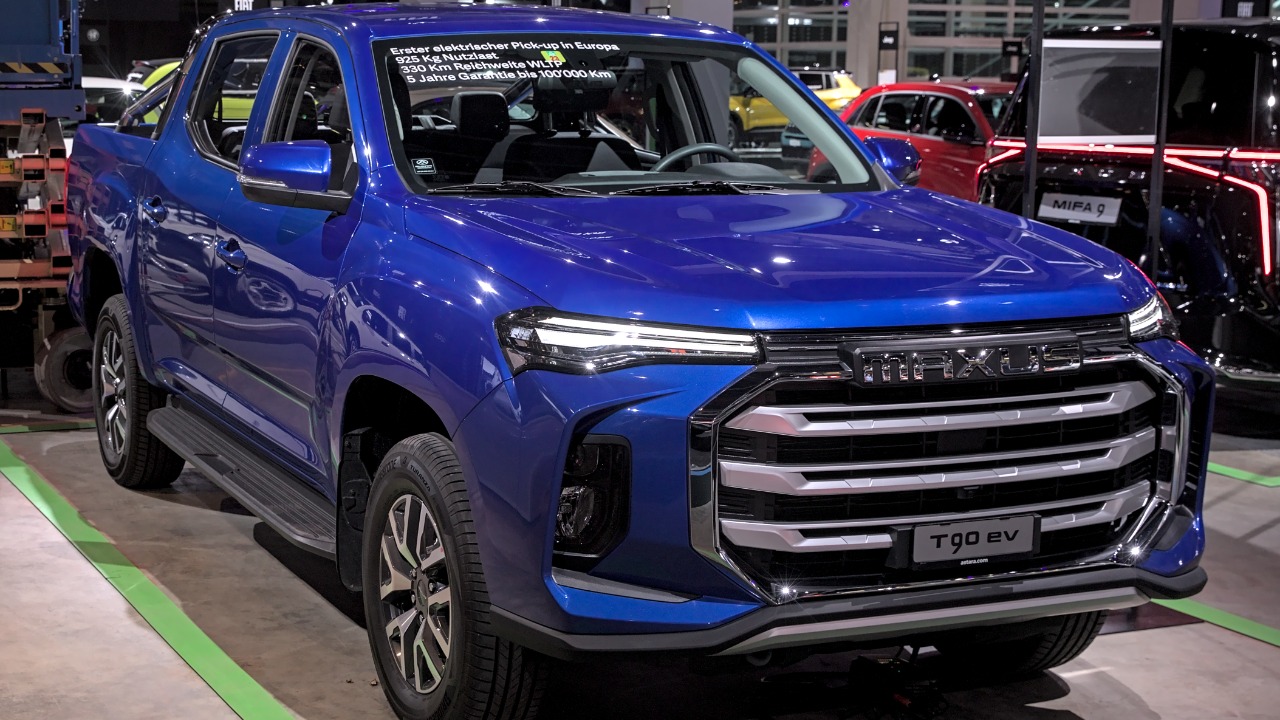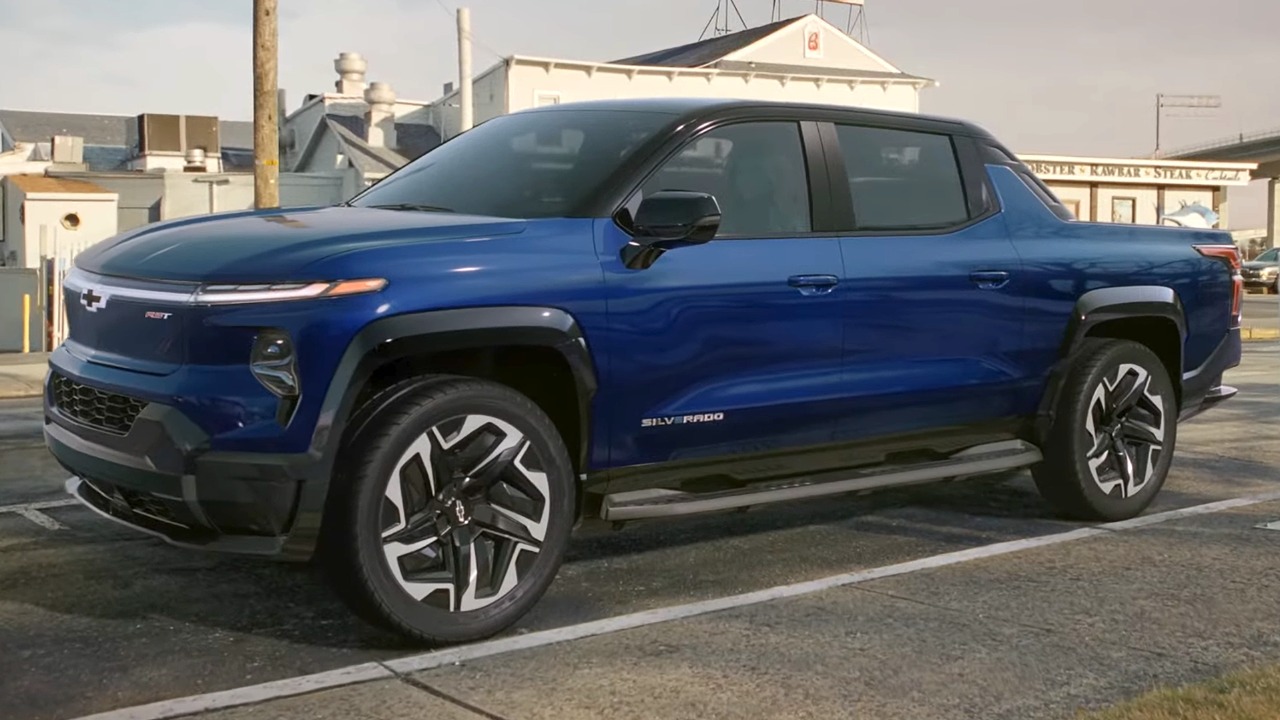Leasing an electric vehicle (EV) might seem like an attractive option at first glance. However, there are several factors that could make it less appealing than buying. From financial considerations to technological advancements, it’s crucial to be informed before making a decision.
High Initial Costs

Leasing an EV often comes with high initial costs. While monthly payments can be lower than financing a purchase, the upfront costs, including a down payment, can add up quickly. These initial expenses might negate the perceived savings of leasing over buying. For an in-depth analysis of the cost implications, check out this comprehensive guide on EV leasing pros and cons.
Limited Mileage Allowance

Leasing typically comes with a limited mileage allowance, which can be a significant drawback for those who drive frequently. Exceeding these limits often incurs additional costs, making leasing less attractive for long-distance drivers. If you plan to use your EV for more than just city driving, a lease might not be the best option. For more on this, see the discussions on why buying might be better than leasing.
Depreciation Concerns

Depreciation is a major concern when it comes to leasing. As technology rapidly evolves, EVs can lose value quicker than traditional vehicles. This depreciation can have negative impacts on the residual value of the car, which affects the lease-end options. For more insights on depreciation and EVs, read this academic study on the topic.
Charging Infrastructure Limitations

While charging infrastructure is expanding, it’s not yet as comprehensive as traditional fuel stations. This can be a challenge for those considering leasing, as they may find themselves limited by charging options. For a detailed look at the current state of EV charging infrastructure, peruse this research article.
Potential Lease-End Fees

Leasing an EV can include potential lease-end fees, which may catch some drivers off guard. These fees can include charges for excess wear and tear or exceeding mileage limits. It’s important to factor these into the total cost of leasing an EV to avoid unexpected expenses. To better understand potential fees, consult this detailed guide.
Rapid Technological Advancements

EV technology is advancing at a rapid pace, meaning that today’s leased vehicle could soon be outdated. For those who want the latest features, leasing might not be the best option since you’re locked into a contract for several years. If staying current with technology is important to you, consider the implications of leasing versus buying. For more on this, explore this resource on EV advancements.